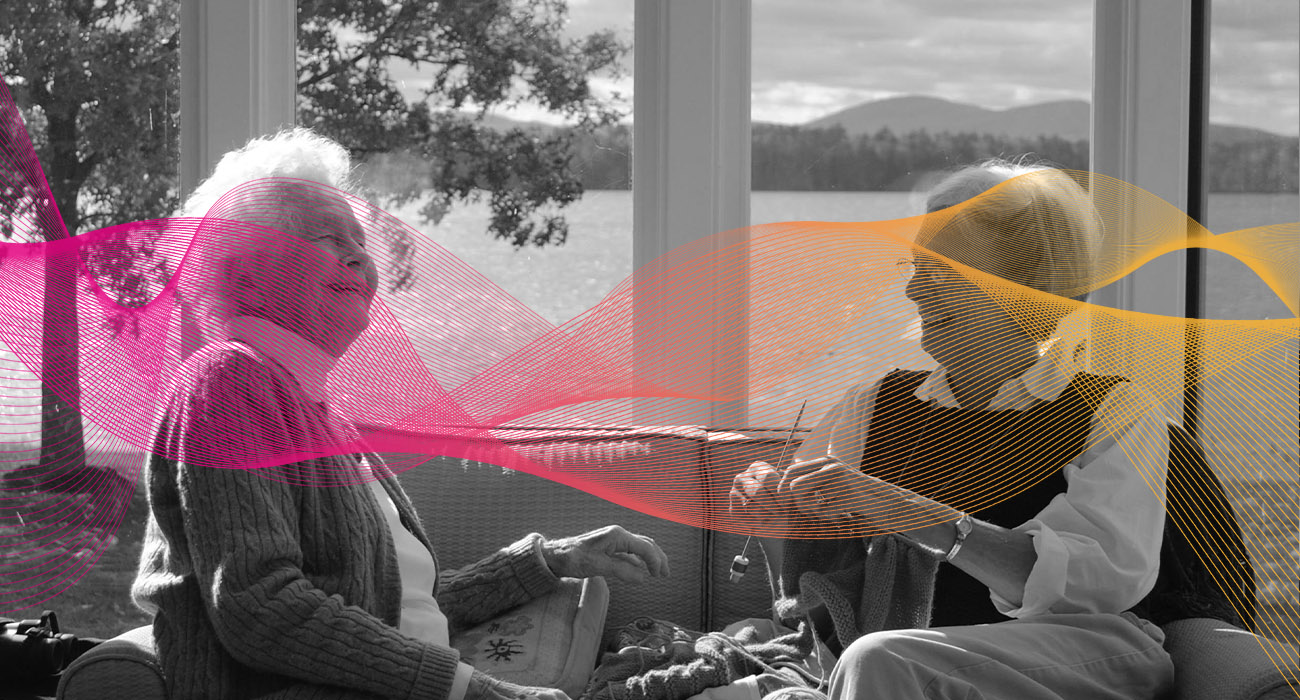We are thrilled to announce that our application for the VITALISE Project has been successful. This ground-breaking research project aims to explore the role and impact of sounds in the domestic environment, particularly for older adults.
The AI4S team is excited to announce that they have been awarded a grant from the VITALISE project's 3rd Open Call for Transnational Access. This grant, funded by the European Union's Horizon 2020 Research & Innovation program, will allow the AI4S team to conduct ground-breaking research at the LiCalab infrastructure, which is a unique Living Lab research infrastructure involved in the VITALISE project.
The AI4S team's successful application will focus on understanding the sound contexts of healthy older adults in their homes, with a particular emphasis on how people associate sounds and memory. The team's chosen methodology and novel research area were key factors in their successful application. This research will make a significant contribution to the field of domestic audio machine listening, with potential applications for active aging and dementia support. One of the main outcomes will be the creation of an open-access database for soundscape, AI, and gerontechnology researchers.
The AI4S team's research at LiCalab will contribute to the VITALISE project's objective of creating innovative research in the Health & Wellbeing domains of Transitional Care and Everyday Living Environments. This project will provide valuable insights into the daily lives and routines of older adults, and we are eager to witness the positive impact this research will have on their quality of life. We would like to express our gratitude to the VITALISE Project and LiCalab infrastructure for this opportunity and look forward to sharing our findings with the community.
- For more information about the VITALISE project, visit the project's website at “https://vitalise-project.eu”
- For more information about the LiCalab infrastructure, visit their website at “https://www.licalab.be/en”
Study Details
The AI for Sound (AI4S) project aims to improve machine learning and human-centred AI design by studying sound in different environments like homes and workplaces. Our research with LiCalab focuses on two main goals: understanding sound contexts and developing technologies for sound memories.

Our team will study the sounds that people think about in a positive way, the most common sounds in older adults' homes, and the types of sounds that are rated positively or negatively. We will also look at how soundscapes in people's homes affect their quality of life and well-being.
- The first goal is to understand how sound affects our perception of the world and our subjective wellbeing. We will explore the positive and negative effects of different sonic environments in homes.
- The second goal is to create technologies that allow us to capture and interact with sound memories throughout our lives. This can help improve emotional well-being, especially for individuals with dementia.



